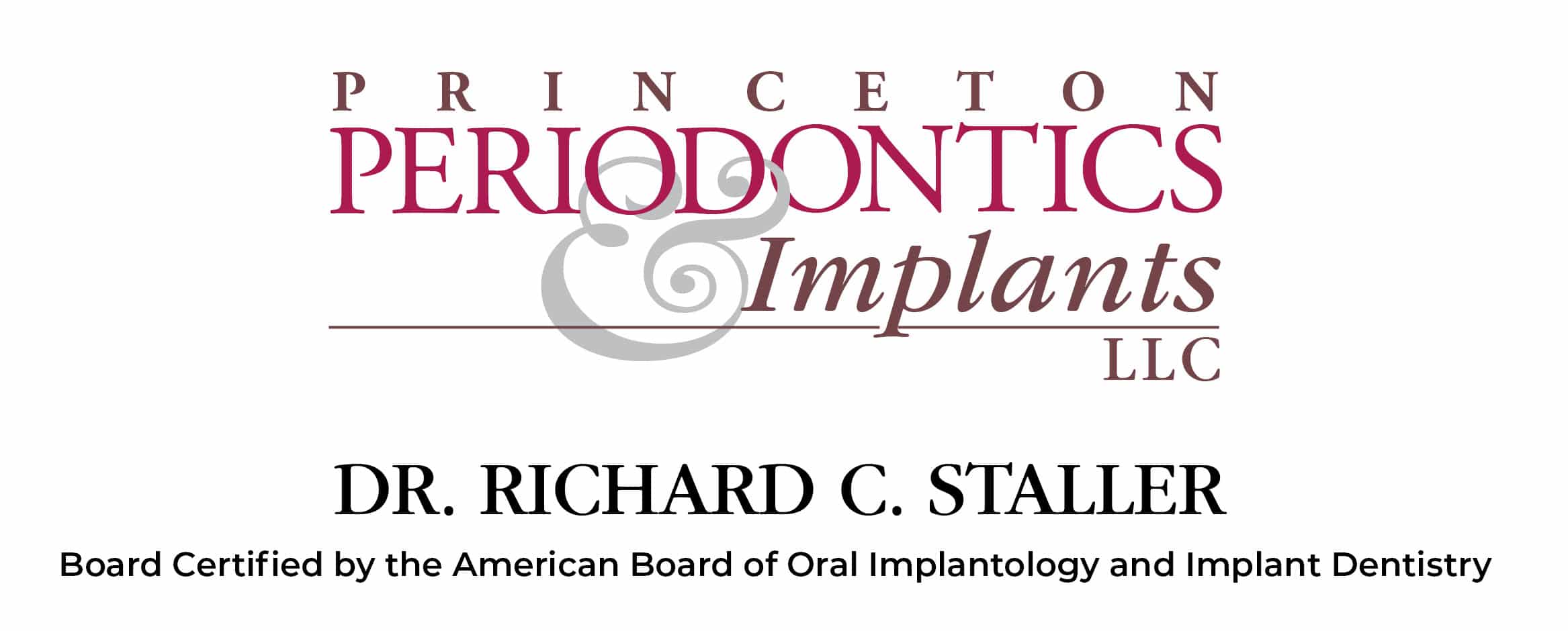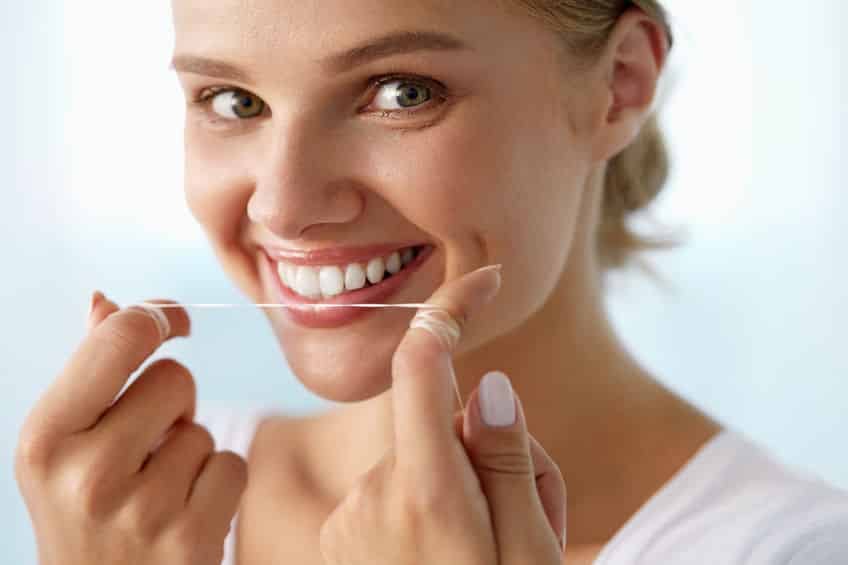When brushing and flossing hurts it may be something else. Know that slightly-sore-but-oh-so-satisfying feeling that can follow a good, thorough cleaning at the dentist? Too many of us look to replicate it at home on a daily basis. It’s a practice called over-brushing, and it could lead to some serious problems.
About seven out of 10 Americans brush their teeth at least twice a day, according to a recent survey by Delta Dental. And nearly a quarter of them are more likely to describe their oral health as good or better compared with those who brush less frequently. That same correlation exists for those who floss at least once a day, even though fewer do it.
So, even if we can’t explain exactly why it’s important to brush and floss every day, most of us seem to appreciate the value of it.
Really, it’s pretty straightforward. Everything we eat and drink leaves behind a bit of debris on our teeth, whether you can see it or not. If it isn’t removed at regular intervals, it’ll build up into a sticky film called plaque, which harbors bacteria that can cause tooth decay and gum disease.
Brushing gets rid of most of the debris, but not all of it. Sophisticated as toothbrushes has become, they still can’t reach the sides of the teeth or the parts of the enamel under the gum line. That’s why cavities in those spots and gum disease are so common. (A recent study by the Centers for Disease Control and Prevention found that half of American adults age 30 and older have gum disease.) You can brush three times a day for two minutes at a time, and it still won’t be enough—unless you floss, too.
Now, if you’re thinking, I’ve been brushing since I was a toddler. I think I’ve got this down. Of course you do. But as often as we were told to brush as little kids, very rarely were we shown exactly how to brush (and floss). So it’s not a reach to think that many of us would come to connect that mild soreness after a routine visit to the dentist with clean teeth and aspire to it with our own brushing.
But there are basically only two reasons why your mouth would hurt from brushing or flossing, and neither is a good sign.
Why you should be concerned about over-brushing
You’ve developed an oral health issue. That’s the first reason. If your teeth have become especially sensitive, it could be a sign that you have a cavity, a fractured tooth, an infected tooth root, or gum disease. (Bleeding gums is another easy-to-spot sign of gingivitis, the earliest phase of gum disease.)
Over-brushing is the other reason you could be experiencing discomfort. If you’re consistently pressing the brush head too hard into your teeth and gums, it could worsen tooth sensitivity and damage your gums. Brushing or flossing too aggressively could have the same effect.
We have an incredible capacity for adaptation. So, while you may not think you fall into either category of over-brushing, it’s possible you do and just don’t realize it because the behavior’s gradually become your new normal.
But if your teeth have been more sensitive as of late or your gums have been bleeding, even a little, after brushing or flossing, it’s worth pausing to reconsider. Enamel, the top layer of our teeth, isn’t the almighty protective shield we imagine it to be. It’s actually quite thin and, for many of us, it may also be a bit damaged from fairly typical wear and tear. And our gum tissue isn’t all that much more durable. Both are bound to erode eventually from a daily onslaught of hard or aggressive brushing or flossing.
To make matters worse, there’s no evidence that brushing harder than you should or longer than two minutes makes your teeth any cleaner.
What to look for
Understandably, this may come as a mild shock if you’ve thought you’ve had excellent dental hygiene habits all this time. So, how can you tell if you’re over-brushing? Here are a few possible signs:
- Your gum line is receding. If you’re damaging your gum tissue, it will begin to wear away, exposing a tooth’s root. It won’t occur uniformly. In other words, your entire upper gum line won’t appear noticeably higher. Instead, you may notice it around a couple of teeth, or a few, in different parts of your mouth.
- You’re bleeding after brushing or flossing. Before you notice your gums receding, small cuts and scrapes may be forming in your gums, causing them to bleed. If it happens occasionally, keep an eye on it. If it’s happening every time you brush, it’s cause for concern.
- Your teeth are discolored. Over-brushing will gradually erode the enamel. When that happens, your teeth can appear discolored. It puts them more at risk for chips and cracks as well. And it may make them more sensitive, not just to brushing, but also to hot, cold, and sweet foods and drinks.
- You’re cavity-prone. It doesn’t make sense, right? You brush like clockwork, yet every routine visit to the dentist yields a new cavity. When your gums begin to recede, it exposes more of a tooth’s root and makes it more vulnerable to cavities.
How to remedy over-brushing
Brushing and flossing a little more mindfully is the easy part. It may take some getting used to, but it’ll become habit soon enough.
Treating the damage that’s already been done will be more involved. But the sooner it’s addressed, the easier it’ll be. Schedule an appointment with me. I’ll conduct a Comprehensive Periodontal Exam that’ll allow us understand the full scope of the concern and shape a treatment plan tailored to your needs and goals.
You’ll be back to smiling with total confidence in no time.

